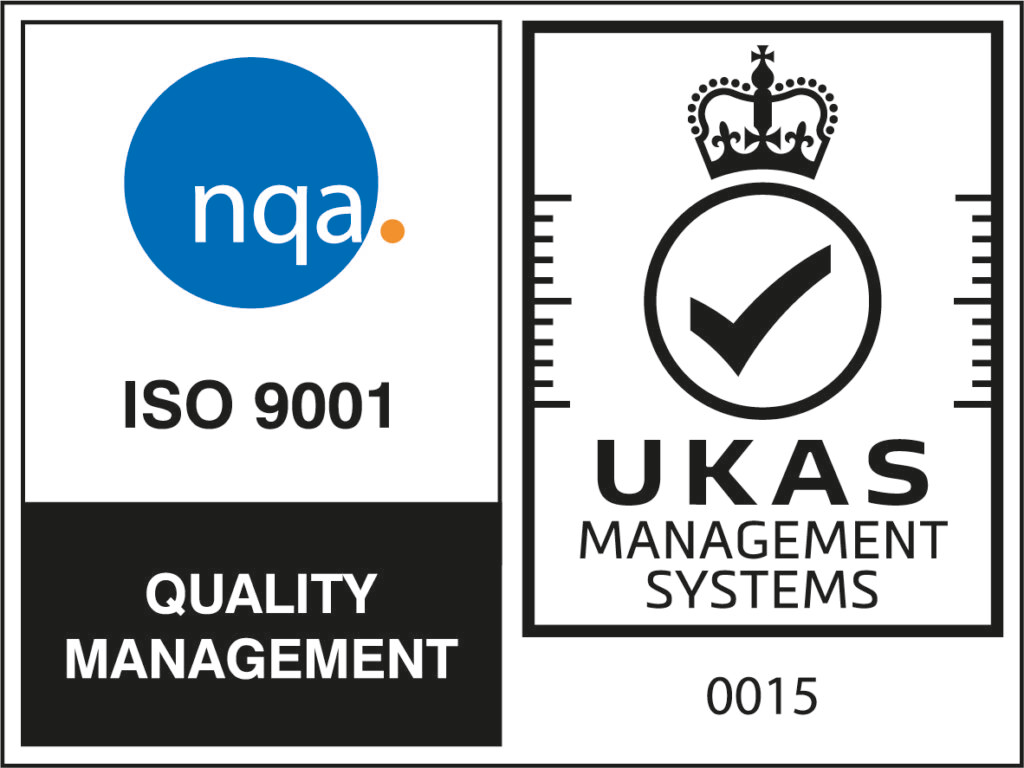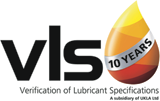VLS Bulletin – July 2024 – VLS 010188
VLS 010188 – SCT Vertriebs GmbH Mannol Multi UTTO (Universal Tractor Transmission Oil) WB 101
On 30th May 2023 the case was accepted by VLS.
VLS received a complaint about the product, against which the Complainant alleged;
1. It was alleged that the product labelling claimed Massey CMS M1135, M1141, M1143, M1145 and Case MS 1206 compliance. All of these specifications quote Brookfield Viscosity (ASTM D2983) limits of:
Massey CMS M1135: 10,000 mPas @ -18°C
Massey CMS M1141: 4,000 mPas @ -18°C
Massey CMS M1143: 4,000 mPas @ -18°C
Massey CMS M1145: 4,000 mPas @ -18°C
Case MS 1206: 5,600 mPas @ -18°C
The Complainant alleged that they tested the lubricant in accordance with the recognised test method and a result of 39,000mPas was obtained at -18°C. They therefore claimed that the product does not comply with these specifications despite them being present on the product label. They went on to say that failure to pass the requirements of this test could lead to equipment damage due to cavitation, system pressurisation and inadequate lubrication at low temperatures.
2. The Complainant alleged that the product labelling claims John Deere J20C and J20D compliance. Both of these specifications quote Brookfield Viscosity (ASTM 2983) limits:
J20C: 70,000 mPas max. @ -35°C
J20D: 20,000 mPas max. @ -40°C
The Complainant claimed the lubricant was tested in accordance with the recognised test method and a result could not be obtained due to complete solidification at both test temperatures. They went on to say that the product does not therefore comply with these specifications despite them being present on the product label.
They claimed that failure to pass the requirements of this test could lead to equipment damage due to cavitation, system pressurisation and inadequate lubrication at low temperatures.
3. The Complainant also alleged that the product claims to meet a wide range of agricultural specifications that all have pour point limits, as shown below:
Ford WSS-M2C 86B: -27°C max.
Ford WSS-M2C 86C: -37°C max.
Ford WSS-M2C 134D: -37°C max.
Case MS 1206: -34°C max.
Case MS 1207: -37°C max.
Case MS 1209: -37°C max.
CNH MAT 3525: -37°C max.
CNH MAT 3526: -45°C max.
Massey CMS M1135: -26°C max.
Massey CMS M1141: -37°C max.
Massey CMS M1143: -34°C max.
Massey CMS M1145: -33°C max.
John Deere J20C: -36°C max.
John Deere J20D: -45°C max.
Using the industry Pour Point Method, ASTM D7346, the Complainant claims that a test was carried out on the product and a result of -9°C was obtained. They alleged that the product does therefore not comply with these specifications. They went on to say that the failure to pass the requirements of this test could lead to equipment damage due to cavitation, system pressurisation and inadequate lubrication at low temperatures.
4. This product makes specification claims that have defined Kinematic Viscosities at 100°C.
CNH MAT 3525: 9.1 – 9.8 cSt.
CNH MAT 3526: 8.5 – 9.0 cSt.
Massey CMS 1141: 9.6 cSt. max.
The KV@100oC value obtained for this product was 11.17 cSt. and therefore the product does not comply with these specifications.
VLS reviewed and upheld the claim based on the complaint’s technical merits. VLS independently procured a sample of the product within the UK and tested it for low temperature properties against ASTM D2983, Pour Point and Kinematic Viscosity @100°C. The results were as follows:
1. The Brookfield Viscosity @-18°C (ASTM D2983) returned a value of 4100 mPa.s, versus a limit of 4000 mPa.s which is within the reproducibility limits of the test. Therefore based on this sample tested, the low temperature viscosity requirements of the Massey and Case specifications detailed are met.
By the same method the result at -35°C supports John Deere J20C, however, the value determined at -40°C of 225,600 mPa.s does not meet the requirement of John Deere J20D.
2. The Pour Point value of -30°C does not meet the requirements of John Deere J20D, (-45°C).
3. The Kinematic Viscosity @100°C value of 10.13 cSt does not meet the requirements of:
a. CNH MAT 3525: 9.1 – 9.8 cSt.
b. CNH MAT 3526: 8.5 – 9.0 cSt.
c. Massey CMS 1141: 9.6 cSt. max.
In response the Lubricant Marketer conducted their own investigation with their technology provider.
They temporarily removed claims against John Deere – 20D and CNH MAT 3526 until their tests and investigation were completed which they believe arose due to a rogue batch. They checked a sample of the specified batch, the formula according to which the oil was made, and the retained sample from the batch results did not match with those obtained by VLS. The Lubricant Marketer requested a sample of the product that was tested by VLS to identify whether a counterfeit product had been procured, and VLS will release a sample of the tested product following closure of the investigation, however VLS found similar failings to the product test results to those observed by the Complainant.
On 3rd June 2024 VLS undertook a six month review of the case in line with its stated process.
As part of its review, VLS sourced and tested a new sample of the product. The findings were that the Brookfield viscosity of the sample at -18°C was measured to be 4320 mPa.s which can be considered within the test precision limits against a specification of 4000 mPa.s.
The Lubricant Marketer has retracted claims against John Deere J20D, CNH MAT 3525 & 3526, & Massey CMS 1141 claims and this has been reflected on the website and the product’s Technical Data Sheet. The view of VLS is that the product is in compliance.
VLS has requested and is still waiting on a copy of the revised product label with the omission of the above OEM specifications.
Consequently the complaint has been met and the case has been closed.
David Wright, Company Secretary of VLS said “We want to ensure we have the highest standards in Europe for lubricant manufacture, blending and marketing, and we want a ‘level playing field’ for all participants, so that we protect the interests of the consumer and other end users.
In the Verification of Lubricant Specifications (UK) Ltd, we have set our course for stronger industry self-regulation by working positively towards more open and transparent competition that benefits all lubricant organisations.”
July 2024




